

- Home
- Initiative
- Judicial Inquirer System and Empowerment
Judicial Inquirer System and Empowerment
In the past three years in our country, out of every 10 reported cases of sexual assault, one involves a child under the age of 12, and victims with intellectual disabilities account for approximately 5.5%.
In cases of sexual assault, often only the victim themselves are eyewitnesses.
However, children or individuals with intellectual disabilities are limited by their age and cognitive development, making it challenging for them to provide a comprehensive account of the incident.
If the interrogator lacks the relevant knowledge regarding child development, intellectual disabilities, cognitive psychology, as well as appropriate interrogation techniques, even if they complete the transcript, the credibility of the testimony may be low due to unclear statements or excessive leading questions. This can lead to lower prosecution and conviction rates, significantly undermining their judicial rights.
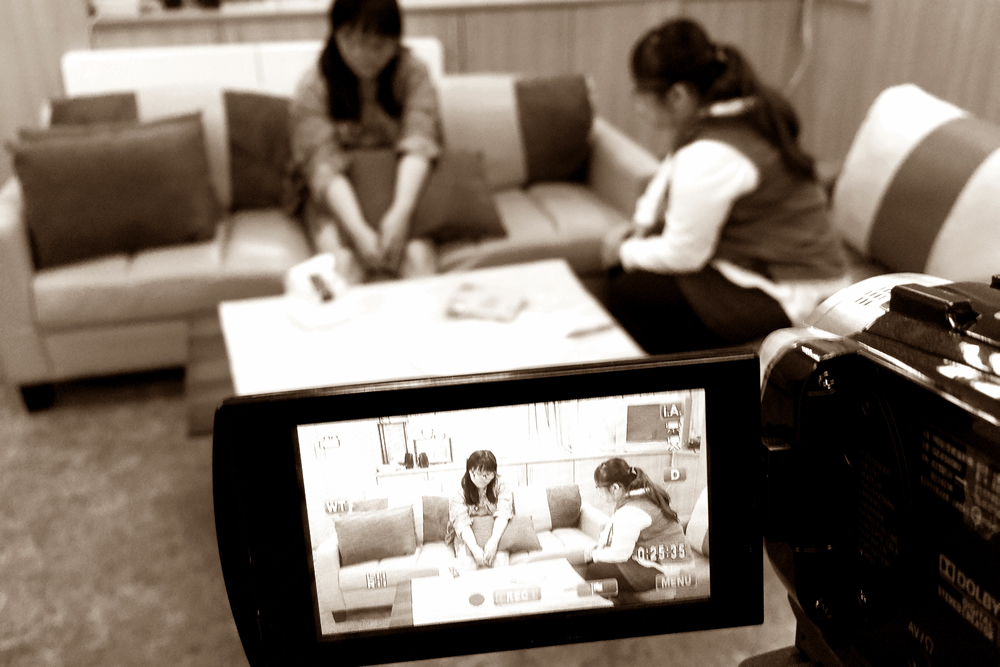 To enhance the skills of professionals in questioning and interviewing child and intellectual disability-related sexual assault cases, and to strengthen the investigative handling capabilities of scientific evidence, our organization has been actively promoting the "Judicial Inquirer" mechanism since 2013. This approach differs from traditional methods that focus on sentencing criteria in questioning. Instead, it involves objective questioning of victims with a neutral attitude, applying forensic psychology to the investigative process. It focuses on factors that affect the testimonial ability of children and individuals with intellectual disabilities (such as language proficiency, memory, suggestibility, trauma, and stress, etc.). During the process of obtaining testimony, it uses non-leading, non-suggestive, age-appropriate questions to help them understand the issues and provide a detailed account of their experiences. This approach aims to obtain untainted testimony, giving children and individuals with intellectual disabilities a fair and just opportunity to share their experiences and bring the truth to light.。
To enhance the skills of professionals in questioning and interviewing child and intellectual disability-related sexual assault cases, and to strengthen the investigative handling capabilities of scientific evidence, our organization has been actively promoting the "Judicial Inquirer" mechanism since 2013. This approach differs from traditional methods that focus on sentencing criteria in questioning. Instead, it involves objective questioning of victims with a neutral attitude, applying forensic psychology to the investigative process. It focuses on factors that affect the testimonial ability of children and individuals with intellectual disabilities (such as language proficiency, memory, suggestibility, trauma, and stress, etc.). During the process of obtaining testimony, it uses non-leading, non-suggestive, age-appropriate questions to help them understand the issues and provide a detailed account of their experiences. This approach aims to obtain untainted testimony, giving children and individuals with intellectual disabilities a fair and just opportunity to share their experiences and bring the truth to light.。
Hosting International Conferences
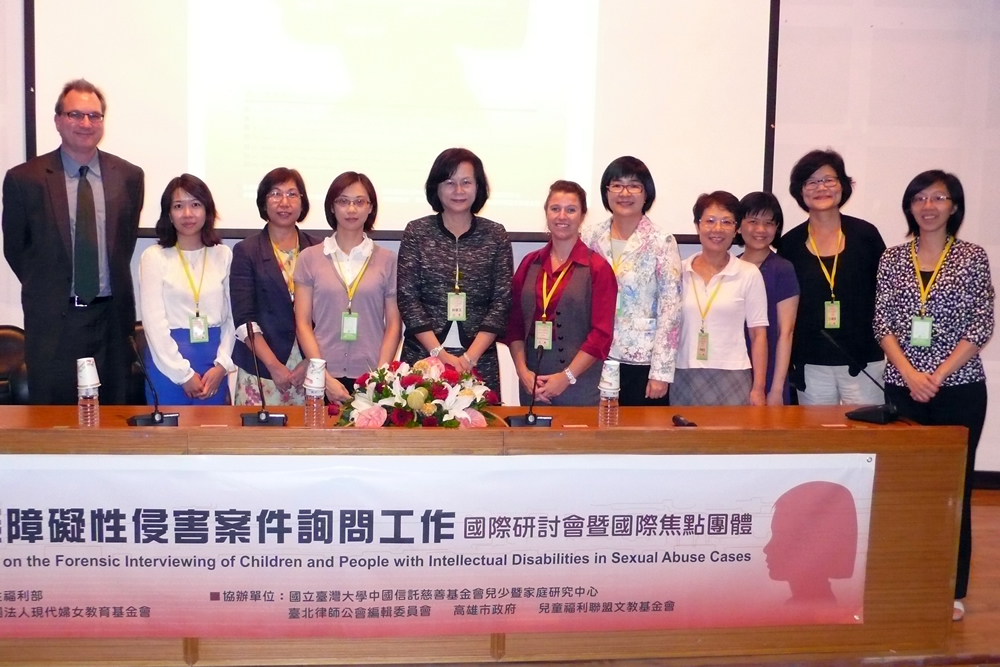
In 2013, we organized the "International Conference and Workshop on Questioning Work in Child and Intellectual Disability Sexual Assault Cases." For the first time, we introduced the widely used and evidence-based "NICHD Investigative Interview Protocol" from the international arena. We invited the founder, Dr. Michael Lamb, a professor in the Department of Psychology at the University of Cambridge, and experts and scholars from various countries to personally instruct participants, bringing new perspectives to judicial questioning.
Conducting Empowerment Programs
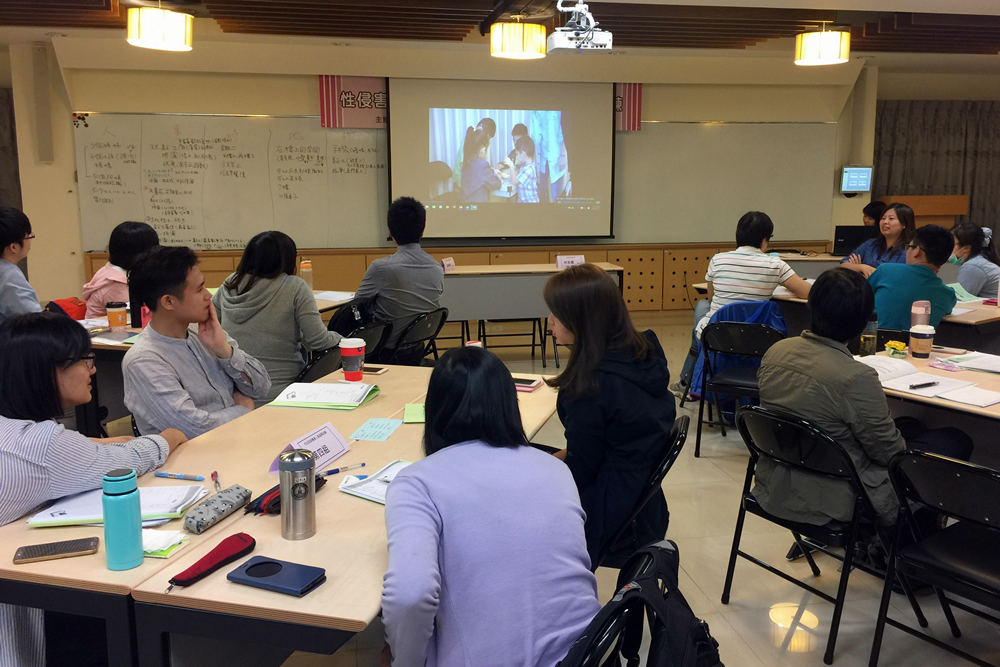
We conducted the "NICHD Questioning Skills Empowerment Program," with Assistant Professor Yi-Shan Chao, serving as a consultant, from the Department of Psychology at National Taiwan University. This program includes both basic and advanced training, practical discussions, theoretical knowledge, hands-on skill practice, and emphasizes the consolidation of practical experience. We also continuously monitor its implementation and improve questioning strategies. The goal is to enhance the practical application of judicial questioning skills, improve the professionalism of judicial questioning, and ensure the quality of services in sexual assault cases.
Developing NICHD Protocol Operation Manuals
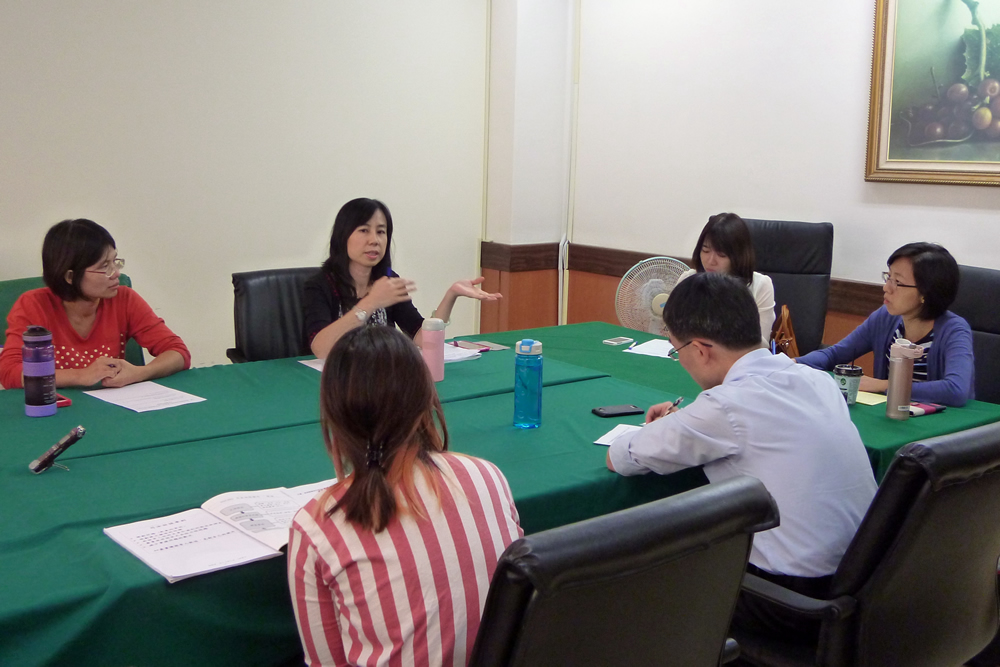
In 2016, in an attempt to make the NICHD Protocol more accessible to children and individuals with intellectual disabilities, our organization completed the "What Happened, Child? NICHD Protocol Operation Manual." To ensure the manual's practical guidance, we collaborated with members of the Taichung City Sexual Assault Prevention Network to develop detailed questions, gather localized and rich operational information and strategies. This manual aims to assist network members undergoing NICHD training in reducing the time spent searching and bridging the gap between knowledge and practical application.
Promotion of the "Judicial Interviewer" System
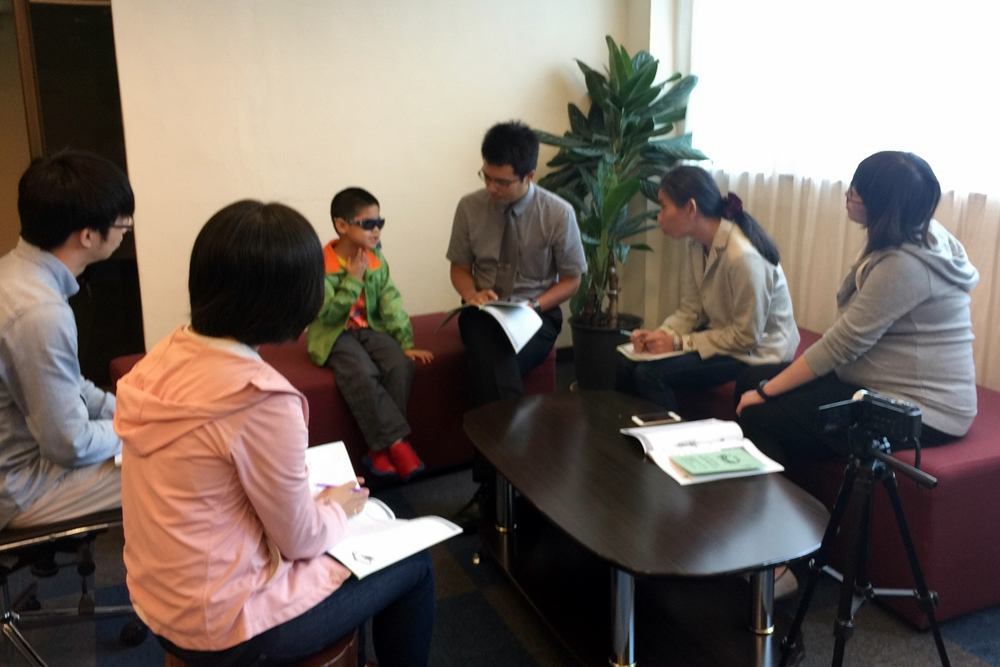
In 2014, our organization established a Sexual Assault Crime Prevention Law Amendment Working Group, continuously advocating for legal amendments. By the end of 2015, we successfully promoted the amendment of Article 15.1. This amendment allowed for the involvement of professional "Judicial Interviewers" to assist vulnerable witnesses such as children and individuals with intellectual disabilities during the investigation and trial stages. The amendment was officially implemented in 2017, marking a significant breakthrough in the protection of vulnerable witnesses in sexual assault cases, 18 years after the enactment of the Sexual Assault Crime Prevention Law.
